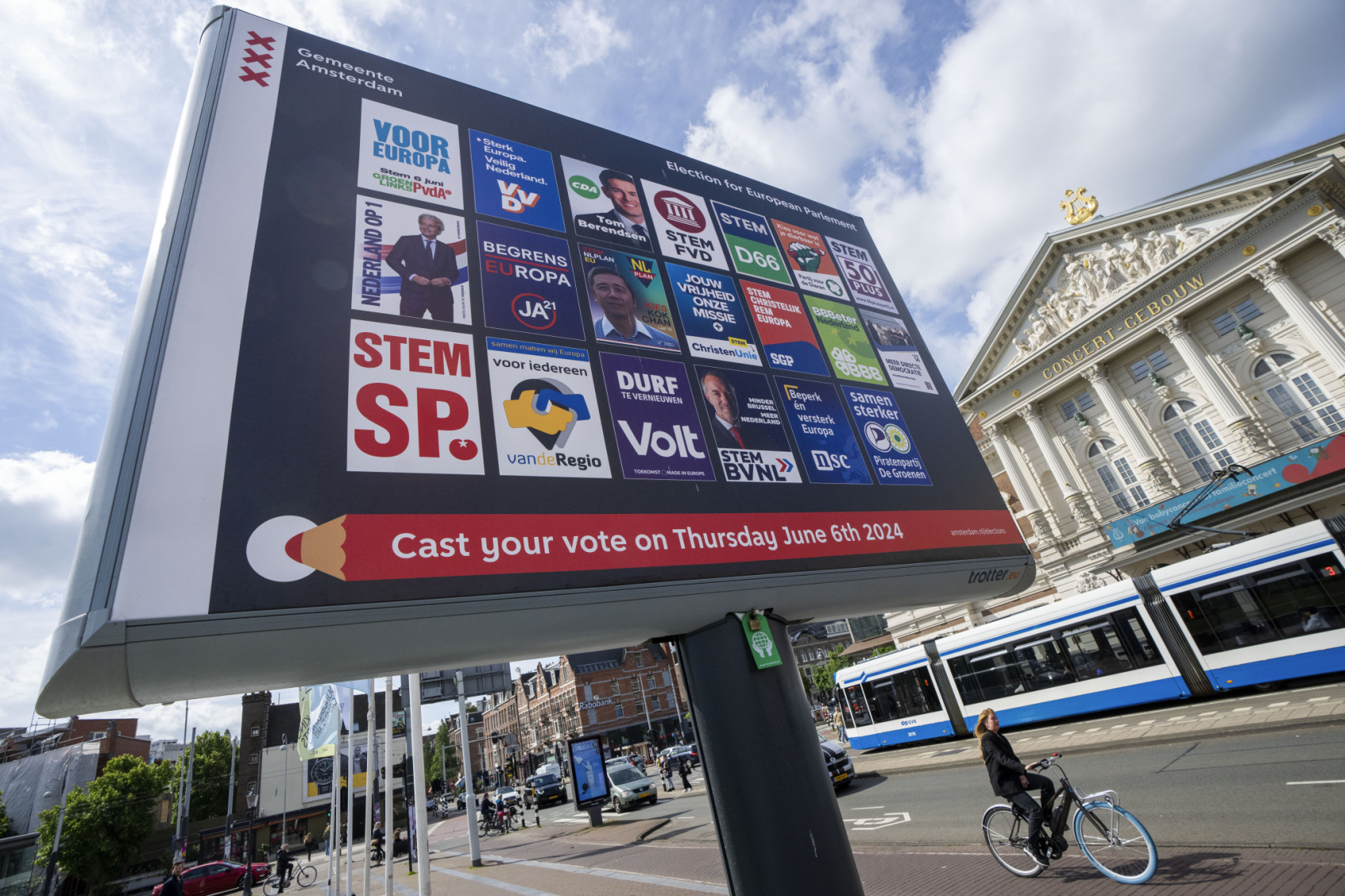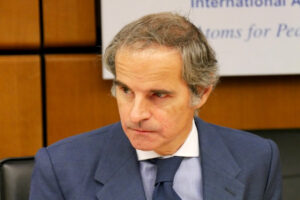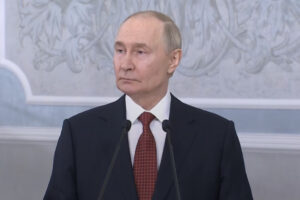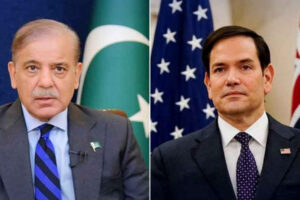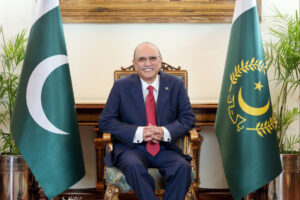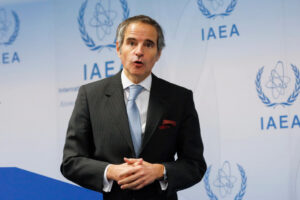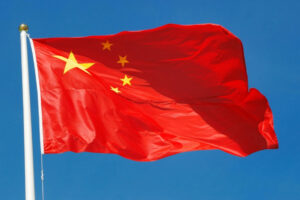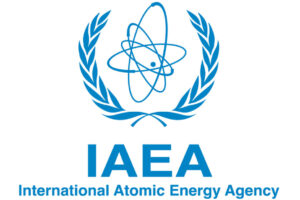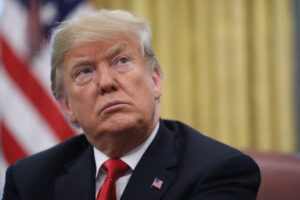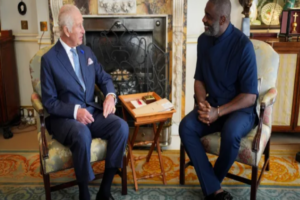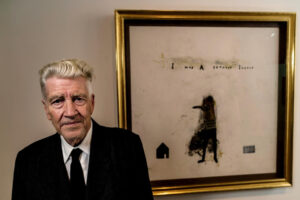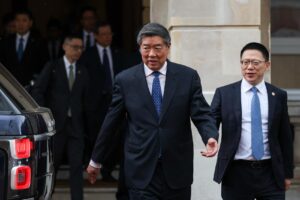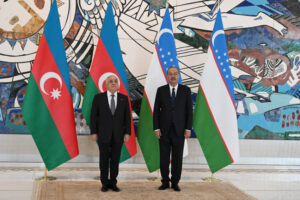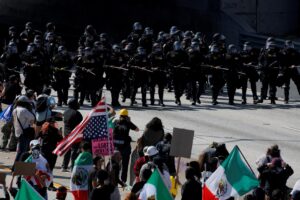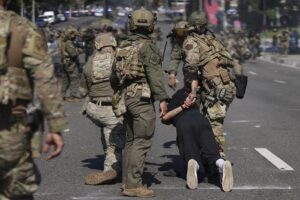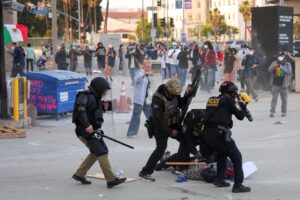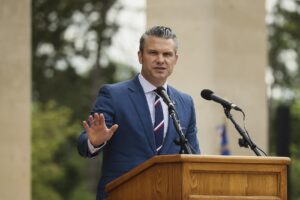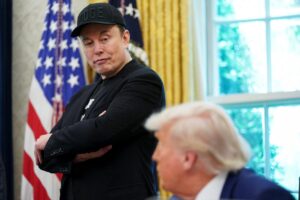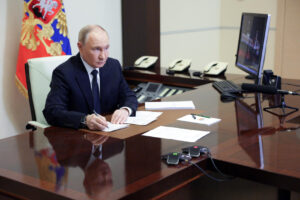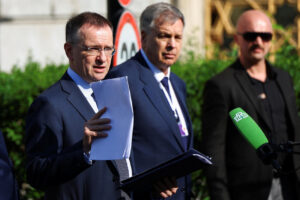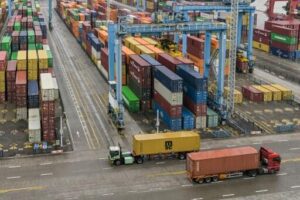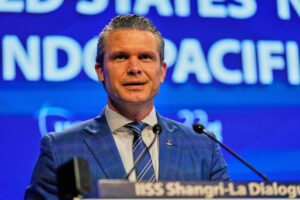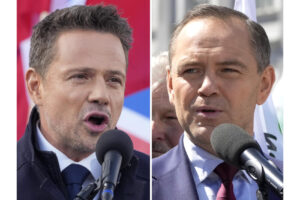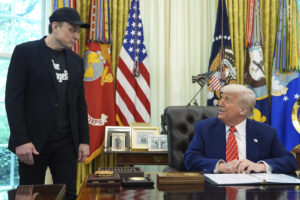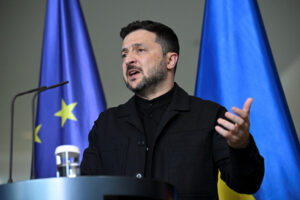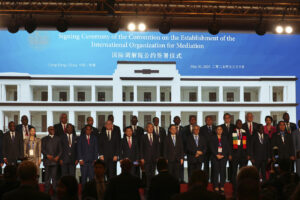Tokyo, 6 June, /AJMEDIA/
The Netherlands on Thursday kicks off four days of voting in European Union parliamentary elections across the 27 member states that are expected to deliver gains for the hard right.
The Netherlands is the only EU country to start its polling so early, followed by Ireland on Friday. The rest of the EU nations hold their elections over the weekend, and Europe-wide results will be announced Sunday night after all member states have completed voting.
The Dutch voting comes six months after Geert Wilders’ far-right Party for Freedom sent shockwaves around Europe by becoming the biggest party in the Dutch national parliament. Polling suggests that Wilders will build on that popularity and set the tone for much of the bloc by the time the last voting booths close late on Sunday.
Since the last EU elections five years ago, populist, far-right and extremist parties are leading governments in three of the bloc’s nations, are part of governing coalitions in several others and are surging in polls across the continent.
An exit poll for the Netherlands will be aired Thursday night by national broadcaster NOS and give a partial glimpse of what could come.
The EU elections are the world’s second-biggest exercise in democracy behind the election in India, and the stakes are high.
Almost 400 million voters will be electing 720 members of the European Parliament from beyond the Arctic circle to the edges of Africa and Asia. They will have an impact on issues ranging from global climate policies and defense to migration and geopolitical relations with China and the United States.
Since the last European elections in 2019, war has broken out on the fringe of the bloc following Russia’s invasion of Ukraine, a country that desperately wants to join the EU.
A founding member, the Netherlands was long unwavering in its support of EU policies. Research from the Clingendael think tank, though, suggests dissatisfaction with the EU among Dutch people, and that while most believe that the Netherlands should remain in the bloc, many also believe it should be more self-sufficient.
While many voters are predicted to lurch to the right, the Christian Democrat-dominated European People’s Party led by European Commission President Ursula von der Leyen, is currently the EU legislature’s biggest bloc and is bound to be the coalition kingmaker when the dust settles on the election results.
In the Netherlands, Wilders’ PVV could build on its domestic success and surge, possibly overtaking the combined Labor Party and Green Left. Labor topped the Dutch EU Parliament election in 2019 with 19% of the vote for six seats while the Greens took 11% and three seats. Wilders’ party at the time only managed 3.5% and no seats.
Wilders and one of his likely coalition partners, the Farmer Citizen Movement, are popular among farmers in the Netherlands who have staged regular protests to call for an easing of EU legislation they say is crippling their livelihoods.
Wilders has in the past called for the Netherlands to leave the EU as Britain did, but his party’s manifesto for the election starting Thursday makes no mention of a so-called Nexit. Instead, it urges voters to back the PVV so it can change the EU from within, similar to plans of many other hard right parties across the bloc.
The number of members elected in each country depends on the size of the population. It ranges from six for Malta, Luxembourg and Cyprus to 96 for Germany. In 2019, Europeans elected 751 lawmakers. Following the United Kingdom’s departure from the EU in 2020, the number of MEPs fell to 705. Some of the 73 seats previously held by British MEPs had been redistributed to other member states.
The lawmakers, known as Members of the European Parliament of MEPs, can vote on a wide range of legislation laws relating to climate, banking rules, agriculture, fisheries, security and justice. They also vote on the EU budget, which is crucial to the implementation of European policies, including, for instance, the aid delivered to Ukraine.
After the election, MEPs will elect their president at the first plenary session, from July 16-19. Then, most likely in September, they will nominate the president of the European Commission, following a proposal made by the member states. In 2019, von der Leyen narrowly won a vote to become the first woman to head the institution.
© Copyright 2024 The Associated Press. All rights reserved. This material may not be published, broadcast, rewritten or redistributed without permission.

